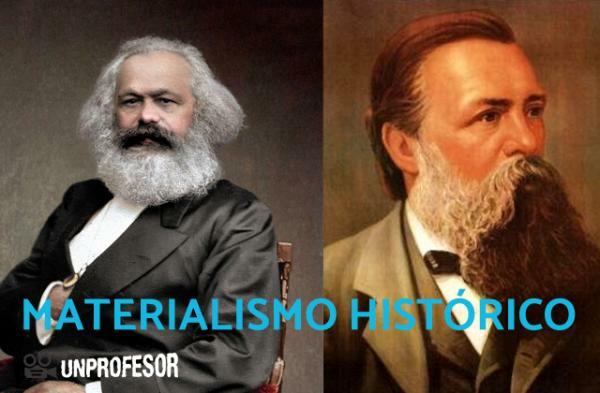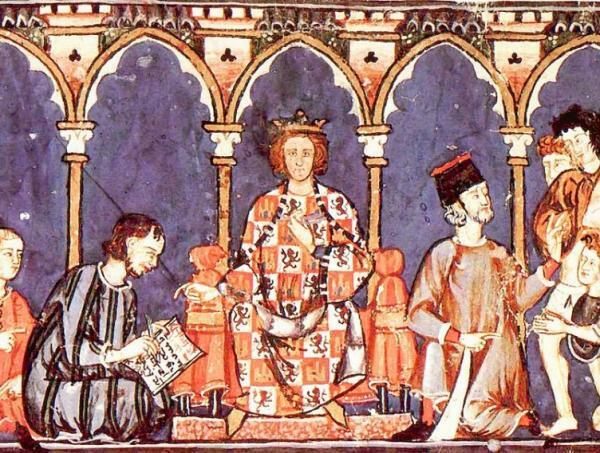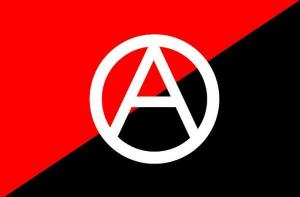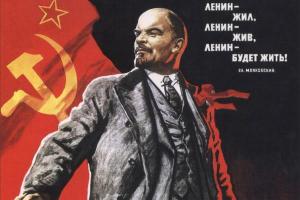Characteristics of historical materialism

Do you know what historical materialism is? In a PROFESSOR we will talk to you about the characteristics of this term used by Karl Marx and Friedrich Engels to explain the history of humanity and the laws that govern it. With this, they intend to apply dialectical Marxism to society, confronting Hegel's idealist conception. Marx found the laws thatset the course of society, of its evolution and of its history, because, as Engels said, just as Darwin was the discoverer of the organic evolution of the human being, Karl Marx he was the finder of the law of the evolution of human history. If you want to know more about historical materialism, he continues to read this lesson from a PROFESSOR.
Historical materialism is one of the greatest contributions of Marx to philosophy and history, who discovers that they are modes of production, necessary for the human being to survive, those that determine social changes.
The production of material goods is the foundation of every society and, without which, its existence would be impossible. Thanks to the technique and through the production processes, the human being is able to influence nature and take from her everything that he needs for his existence. Therefore, the development of society is linked to the production of material goods. Thus,
the human being, understood as workforce, becomes "an animal that produces instruments ".As the human dominance over nature, the productive forces of society advance, changing the modes of production and also human relations in the production process, that is, the relations of production.
Throughout the history of mankind, there have been a series of economic and social changes, being able to speak of different stages throughout it, and that they are nothing more than transformations in the modes of production.
- Regime of primitive communism
- Slave regime
- Feudal regime
- Capitalist regime
- Socialist regime
All these changes are due to the evolution of the productive forces of the ssociety, to which it is subject. Thus, one epoch is followed by another opposite one, born as a consequence of the revolution that breaks with the old relations of production.

These are the stages of the history of mankind according to historical materialism:
1. Regime of primitive communism
There was no private property over the means of production and, therefore, social classes did not exist and the distribution of work was communal. But the lack of an economic structure (self-consumption production) made this society vulnerable. However, the discovery of fire and, with it, of technique, made possible its development towards another stage.
2. Slave regime
As a consequence of the changes in the modes of production, the State is born, or what is the same: the dictatorship of the ruling class, leaving the people without power, understood now as a slave, who was the one who worked, paid taxes and served as a support to the master. Its main economic activities were agriculture, livestock and trade. At this stage, it appears the difference of classes.
3. Feudal regime
On the feudal system, the servants cultivated to subsist and to be able to pay the tithes to the Church and the rent to the gentleman. Little by little, cities, commercial and artisan centers appear, and in which there is a hierarchy among workers. Production techniques improve and cavalry arises, made up of the noble classes. There was a clear class difference and society was constituted in a pyramidal fashion. Education was restricted to the ruling classes.
4. Capitalist regime
The means of production belong to the ruling class, the only one with the right to private property over them and economic activity is based on the purchase and sale of products that is carried out in the now international market. Capitalism is characterized by the defense of the non-interventionism of the State in economic affairs. Capital, it is the main element of production and not work, since it is capable of generating wealth and, at the same time, of controlling the means of production, always in the hands of those who hold power, that is, those who own capital.
Society is free and the generation of material goods is linked to the ideas of well-being, by which all The workers will try to get the most out of their work, in order to obtain greater comforts in the lifetime. Thus, for their work, they will receive a small part to survive, the rest is left to the capitalist, and therefore, they will never be the owner of their work, it has no capital and no life, since he spends the whole time working. Consequently, he remains oblivious to the world and his work, he is alienated.
5. Socialist regime (as the first expression of communism)
Their modes of production are based on the social ownership of the means of production, based on collaboration and reciprocity of workers, instead of being exploited, because now the relations of production are ensured by the social character of the means of production. Social classes disappear and, with it, differences. If you want to know more about socialism, you can read this other article about Socialism: simple definition.

Image: Slidshare
The main achievement of Karl Marx he is to have realized that, in society, there are certain conditions in the modes of production, objective and that the laws of the economy will govern the destiny of society.
“ANDThe chaos and arbitrariness of views on history and politics gave way to an astonishingly complex and harmonious scientific theory, that reveals how from a system of social life, as the productive forces grow, a higher one develops, how from the servitude of the gleba, for example, the capitalism”(Lenin).



